MPE’s new CEO Krassimira Kazashka wants to leave a legacy of industrial cohesion and sustainability.
Her goal is for MPE to become the perfect partner for the metal packaging industry.
The new CEO is convinced of the benefits of metal packaging, which clearly offers greater food safety and sustainability, essential in the globalized world’s race to combat climate change.
HOW ARE YOU FACING YOUR NEW ROLE AS CEO OF METAL PACKAGING EUROPE?
I am excited to be part of this sustainable industrial sector and I want to bring a collaborative approach.
My main goal is to establish a strong cooperation between MPE members and value chain actors.
Working together, we can achieve our industry’s sustainability goals and secure new opportunities
for our industry.
We are preparing the publication of the MPE Industry Roadmap 2050, an essential tool in this endeavor, which clearly defines our unified vision and strategy.
A cohesive vision, strategic planning and clear communication are crucial to reinforce the rigid metal packaging sector as a vital circular solution and the ideal partner for a sustainable future.
FROM YOUR PERSPECTIVE AS CEO OF METAL PACKAGING EUROPE, WHAT ARE THE MAIN CHALLENGES AND OPPORTUNITIES FACING THE METAL PACKAGING INDUSTRY TODAY?
One of the main challenges is climate change.
This issue not only affects the environment in our lives, but also the role of our industry in mitigating this problem.
Since 2000, we have made considerable progress, reducing our impact on climate change by 30-50%.
However, continuous improvement is essential, and we need to work together with our value chain to achieve further decarbonization.
Another major challenge is the trade policies implemented globally, which have a significant impact on our supply chain and competitiveness.
The EU strictly follows WTO rules, but this is not the case for all economies around the world.
In addition, the EU’s trade defense mechanism, designed to support European industry, is lengthy, complicated and very demanding.
It lacks a value chain perspective, which makes downstream producers more vulnerable to changes in the market.
There is also an opportunity for metal packaging to play a critical role in improving food safety.
By extending shelf life and providing superior protection, our products help reduce food waste and associated greenhouse gas emissions.
It also enables
safe storage.
Another significant opportunity lies in increasing recycling and collection rates to maximize the circularity of rigid metal packaging, conserving resources and reducing the environmental footprint of our products.
As this is among the most recyclable in Europe, with a rate of 80.5% for steel (2022) and 76% for aluminum cans (2021).
The global commitment is to reach almost 100% by 2050.
HOW IS METAL PACKAGING EUROPE ADDRESSING THE TRANSITION TO A CIRCULAR ECONOMY AND WHAT ROLE DOES METAL PACKAGING PLAY IN THIS PROCESS?
Metal packaging is already part of the circular economy and contributes to the EU’s climate, sustainability and social goals.
MPE and member companies work closely with the supply chain to accelerate the transition to zero emissions with available and innovative approaches.
MPE provides the platform for such collaboration and exchange and supports the ambition of can manufacturers.
The roadmap for decarbonization 2050 in beverage cans will soon see the light of day.
We support initiatives to accelerate collection and sorting efforts, increase consumer awareness of the recyclability of metal cans and improve high-quality recycling to further strengthen the position of rigid metal as the perfect packaging.
Together with our suppliers, we are working on design criteria for recycling and establishing clear guidelines to increase recycling.
MPE’s collaborative efforts include the Permanent Material Alliance, which unites aluminum, glass and steel to promote the use of circular packaging materials; the Global Beverage Can Alliance, committed to nearly 100% recycling of aluminum beverage cans by 2050; the Joint Roadmap with European Aluminium, which targets 100% recycling of aluminum beverage cans in the EU by 2030; support for mandatory DRS for beverage cans as part of the new Packaging and Packaging Waste Regulation.
ALL COMPANIES AND LARGE MULTINATIONALS IN THE CAN SECTOR SHOW A COMMITMENT TO RECYCLING AND SUSTAINABILITY. DO YOU THINK THE GOAL OF ZERO CARBON FOOTPRINT BY 2050 IS TOO UNREALISTIC?
In theory, anything is possible, but reality often presents more challenges.
It is in the details that we find the real problem.
It is impossible to have industrial activities without waste or emissions.
The ambition is to achieve net zero carbon emissions, which requires a careful balance considering emissions, disposals, recycling, energy and raw material sourcing, process efficiency.
Decarbonizing steel and aluminum involves leveraging the circular economy and collaborating with supply chain partners.
This transition is urgent due to both environmental changes and the economic benefits of early adoption of clean technologies.
The circular economy is vital to decarbonization in the metal packaging sector, as recycling materials uses significantly less energy than producing new ones, 70% less for steel and up to 95% less for aluminum.
Can makers are on the right path to zero emissions and MPE is here to support them.
WHAT ROLE DO YOU THINK THE EUROPEAN UNION REGULATIONS WILL PLAY IN THE FUTURE OF THE METAL PACKAGING INDUSTRY, ESPECIALLY IN RELATION TO THE EUROPEAN GREEN PACT AND THE CIRCULAR ECONOMY STRATEGY?
The EU plays a critical role for any company, our sector is no exception.
The European Green Pact and the action plan for the circular economy are among the main policies followed by MPE.
The formal adoption of the Packaging and Packaging Waste Regulation (PPWR), expected in the fall, will introduce stricter measures on recyclability and reusability.
I believe this is a significant opportunity for the rigid metal packaging industry, which already meets recyclability demonstrates superior performance grades to other alternative packaging.
Our industry fully supports the EU’s strict criteria against greenwashing and misleading environmental claims.
It is essential to provide consumers and businesses with reliable, comparable and verifiable information to guide sustainable purchasing decisions.
WHAT ARE YOUR MAIN GOALS AND ASPIRATIONS FOR METAL PACKAGING EUROPE IN THE NEXT FIVE YEARS? WHAT LEGACY DO YOU HOPE TO LEAVE AS CEO?
Join our efforts and strengthen collaboration with all stakeholders to advance the image of metal packaging and make MPE a trusted partner.
This collective effort is crucial to position ourselves as a cornerstone of the EU circular economy and become the sustainable packaging of choice for all.
We need to communicate, listen, engage and be proactive to support a successful metal packaging industry.
I would like to leave a legacy of strengthened industry cohesion, increased sustainability and awareness of the key role the sector plays in achieving a circular economy.
This will benefit our industry, society and contribute significantly to Europe’s environmental goals.


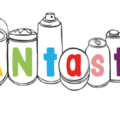
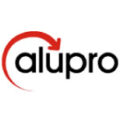


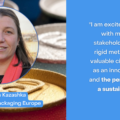

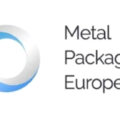

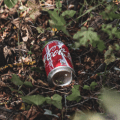
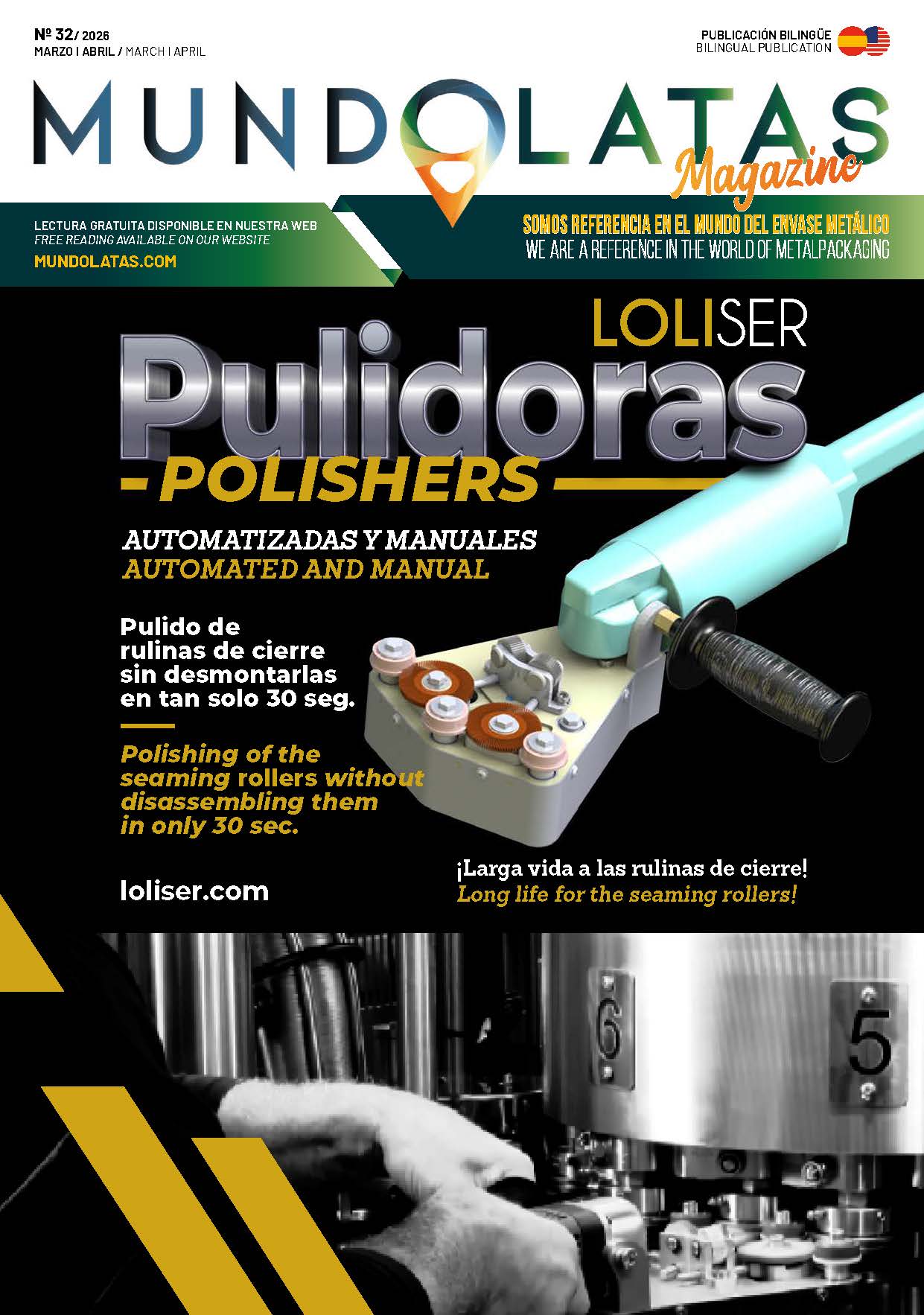


0 Comments